By Francisco Pimentel & translated by Mary Gomez
Thus was born in June 2018 “The return of boxing”, the WBA program that was supported by the Ukrainian Wladimir Klitschko, Olympic and world heavyweight champion as well as ambassador of the oldest body organization governing universal pugilism.
The plan developed by the organization is based on seven points:
- Strengthen our values: Participative writing of the Universal Charter of Boxing, together with athletes, officials, federations and fans from all around the world in order to underline our values of universality, diversity, respect, engagement and education.
- Athlete’s welfare: Provide educational tools, and health/life insurance so the athletes are able to fully focus on their careers, and later enjoy a sustainable future after retirement.
- Simplify the structures: Offer a unique regulator, and an ultimate authority. There’s a need to simplify with less bureaucracy, leveraging digital technologies to improve transparency, collaboration and efficiency.
- Professionalize the officials and trainers: Let’s take care of those who care for the champions, give them scalable salaries, further their education and even develop a pension system.
- Fans Empowerment: Turn them into real participants of the boxing world, share the passion and information but also strengthen the objectivity of decisions.
- Digitalize the experience: Enable deeper insights, share exciting information and possibilities through a customized application.
- Optimize the reach: Create one worldwide “pro/am” broadcasting channel, defined by regions, including subscriptions/PPV, OTT streaming facilities and its own production unit.
The manifesto, signed by Mendoza and Klitschko, was sent to all those interested in the welfare of boxing and received a great reception within several National Federations that affiliated to the WBA.
However, not everything was words. The WBA held amateur tournaments and, through its academy, instructed boxing judges and referees. Returning to what it did in Venezuela since 1990 with its KO Drugs Campaign that led several athletes to stardom, as it was the case of Jorge Linares. Furthermore, it is worth saying the WBA was the first organization to reach out to AIBA, before the controversy broke out, to advise them regarding professional boxing and to cooperate for the inclusion of professional athletes in amateur boxing.
On November 27, 2018, the WBA issued a new statement, also signed by Klitschko, in which they requested the IOC to recognize the WBA to be part of the Olympic movement to help athletes work for their dreams.
This request was ratified by the WBA on May 23, 2019 when it was announced that AIBA would not be part of the Olympic Committee, and offered all its experience to organize boxing for Tokyo 2020.

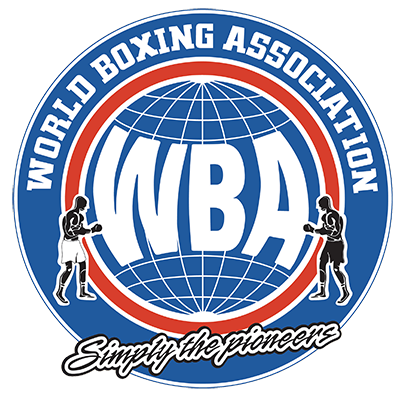
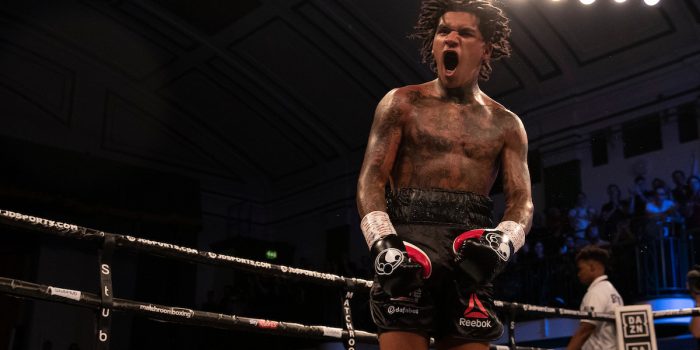
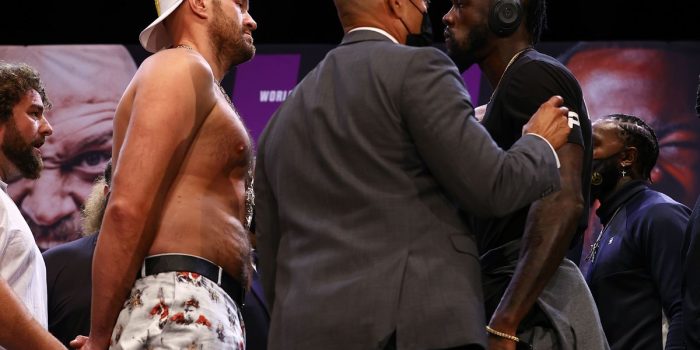
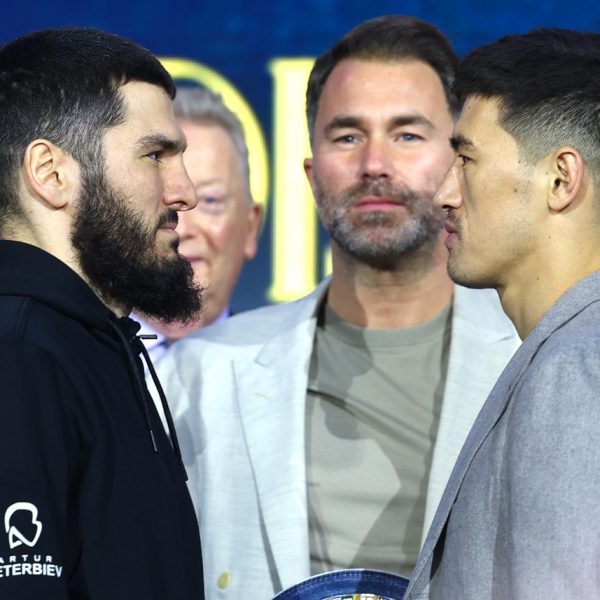
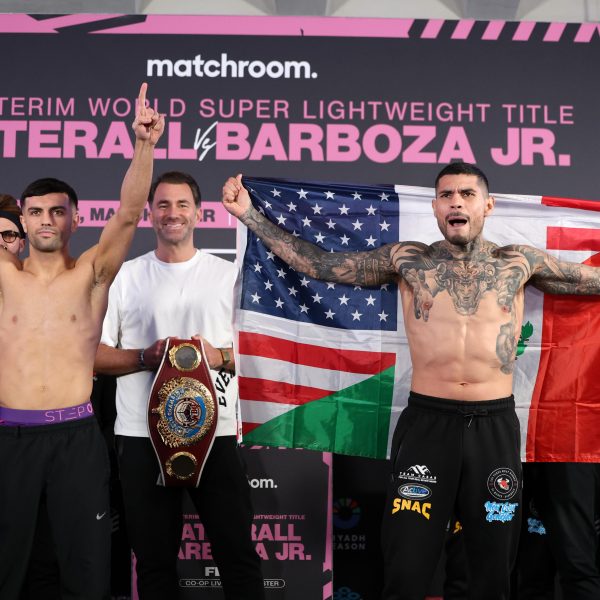
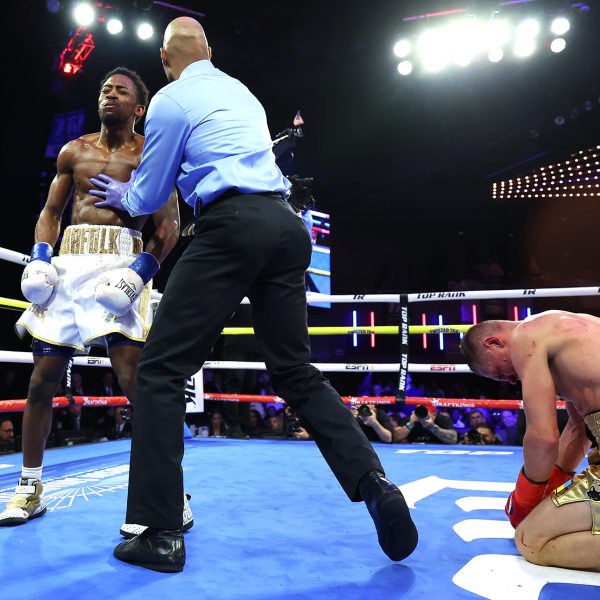


Recent Comments